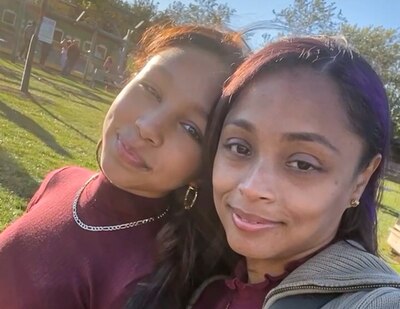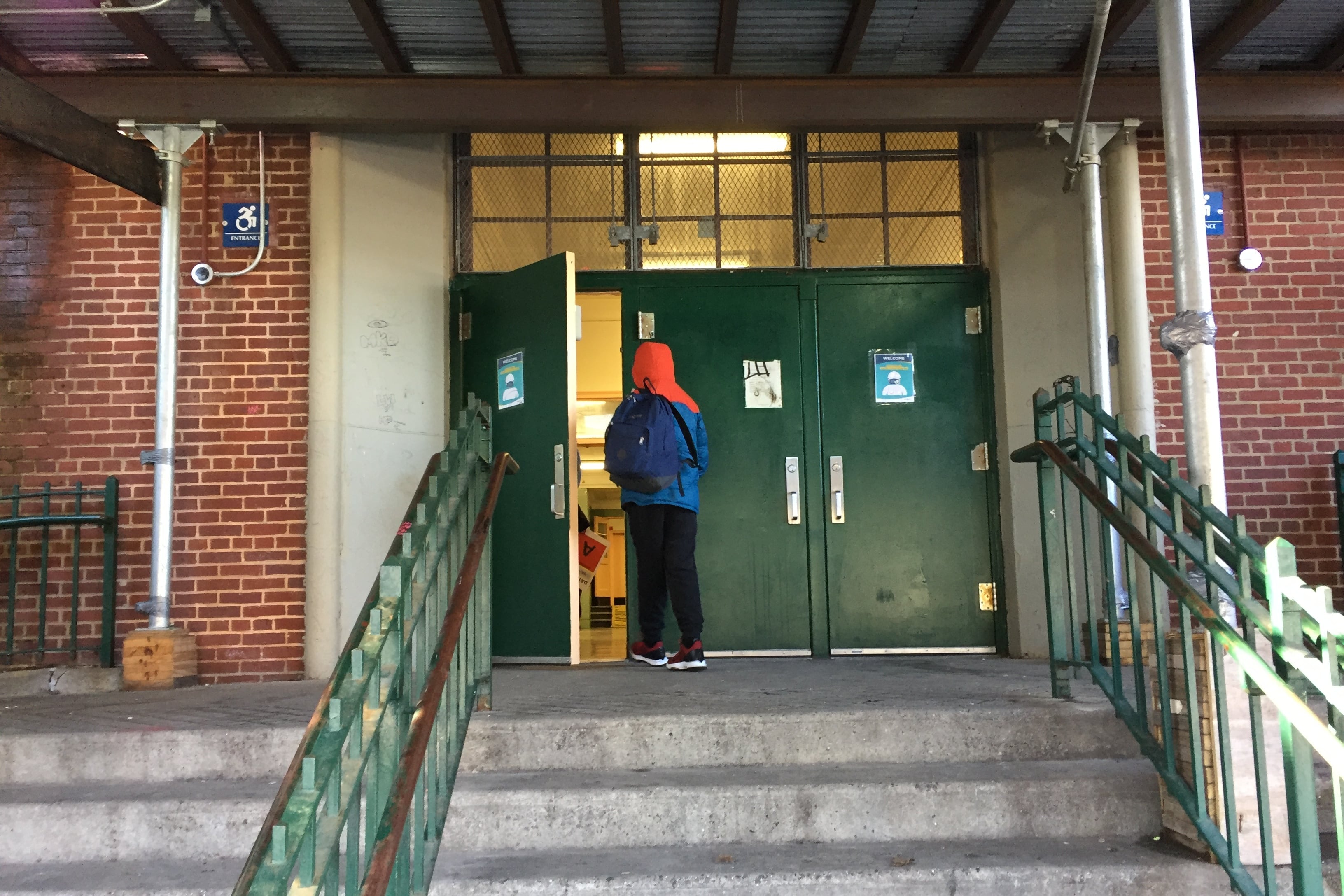Five school-based health clinics serving 10 schools in Brooklyn closed last month because of budget constraints, according to a letter from operator SUNY Downstate.
Now, families are rallying to try and save the facilities.
City officials were “disappointed” with SUNY Downstate’s move to close the clinics on July 1, but said they will ensure the five campuses have school nurses in September. Families remain worried about the gap in health care for their community. More than 8,500 have signed on to a campaign calling for SUNY Downstate to keep the clinics open at least until a partnership with another hospital can be established.
The clinics provide a higher level of care than a traditional school nurse. Their pediatric nurse practitioners and physician assistants can administer medication and write prescriptions. They provide immunizations, blood tests, and other preventive or urgent care that children typically receive at a pediatrician’s office.
The clinics also offer adolescent health education and contraception, as well as testing and treatment for sexually transmitted diseases — helpful services for teens who might not want to discuss such issues with a family doctor. They also offer mental health care and drug abuse treatment.
The services are offered for free regardless of insurance status, and for many parents who can’t take off from work for medical visits, they are a lifeline for their children’s health care.
“These clinics are exactly like having a doctor’s office in your school building,” said Reyhan Mehran, whose daughter attends Brooklyn Collaborative, a middle and high school which shares its Carroll Gardens building and clinic with the the Brooklyn New School. “There’s so much need for these services right now after all that kids in this city have been through with the pandemic. Having these clinics in our public schools has always been invaluable, but right now they are even more so.”
Scill Chan, the principal of Brooklyn Collaborative, and Diane Castelucci, of Brooklyn New School, called their clinic an “essential part” of their school communities.
“The abrupt closure of the clinics that have served thousands of young people in our schools is shocking, and we need to work together to find the essential funding to keep these vital services open,” the principals said in a statement.
Officials from SUNY Downstate said they have been working with state and local partners to “ensure a smooth transition” from the medical center operating the clinics.
“Due to the expansion of health coverage and other supports, the same level of care will be available in the community to all children,” according to a statement from SUNY Downstate.
A group of eight nurse practitioners, social workers and other health professionals who had staffed the clinics wrote a letter to the superintendents and principals condemning the closures, pointing a finger at SUNY Downstate for mismanagement and warning about a potential void of care for students.
“The abrupt announcement of the closure is shocking, irresponsible, and wrong, abandoning chances for problem solving and leaving our communities with a huge deficit in care,” they wrote.
SUNY Downstate declined to comment further on the financial strain leading to the closures.
The medical center took over four of the clinics more than a decade ago from the now-defunct Long Island College Hospital, or LICH, after parents advocated to keep the clinics open. Those four clinics were on the chopping block in 2017, due to state budget cuts, but were saved after public outcry.
Across the five boroughs, students at nearly 390 schools have access to on-campus clinics run by various health care organizations. They have been shown to reduce absences and lower the likelihood of hospital visits. The city has leaned on the model for its community schools, which offer wrap-around services for students in low-income neighborhoods.

They also help children manage chronic conditions like diabetes and asthma, which is why Cherlece Acosta was relentless in trying to get her daughter — who has both conditions — into Park Slope’s M.S. 51.
Acosta’s daughter, who graduated from the middle school this year, made frequent trips to the school’s health clinic, one of the five that SUNY Downstate closed. Sometimes her daughter might need help for an insulin pump failure, or if her blood sugar got too low she could become disoriented, the mom said.
P.S. 38 mom Jelena Vojvodic, a parent of a third grader with a severe peanut allergy, felt like she had peace of mind with the on-site clinic run by SUNY Downstate. The clinic’s nurse helped raise awareness at the school for food allergies, as well as COVID, she said.
Sarah Thomas, whose children attend the Brooklyn New School, said the school-based clinic has been a big help for her son’s “emotional issues.” Its therapist and nurse have helped calm him down when needed.
“We’re in the middle of a mental health crisis,” Thomas said. “If anything, there should be more money to get the help children need.”
She was also able to get her son’s routine checkups done at the clinic, which allowed her to avoid long wait times at her pediatrician’s office.
Officials from the city’s health and education departments, did not say whether another operator would take over the clinics, but said in a statement: “For the time being, the city will place school nurses in each of the buildings affected starting in September to ensure families are connected to care.”
New York City schools have long faced a school nurse shortage. There were 579 vacancies for permanent school nurses as of June, according to figures from the United Federation of Teachers, the city’s teachers union.
Amy Zimmer is the bureau chief for Chalkbeat New York. Contact Amy at azimmer@chalkbeat.org.






